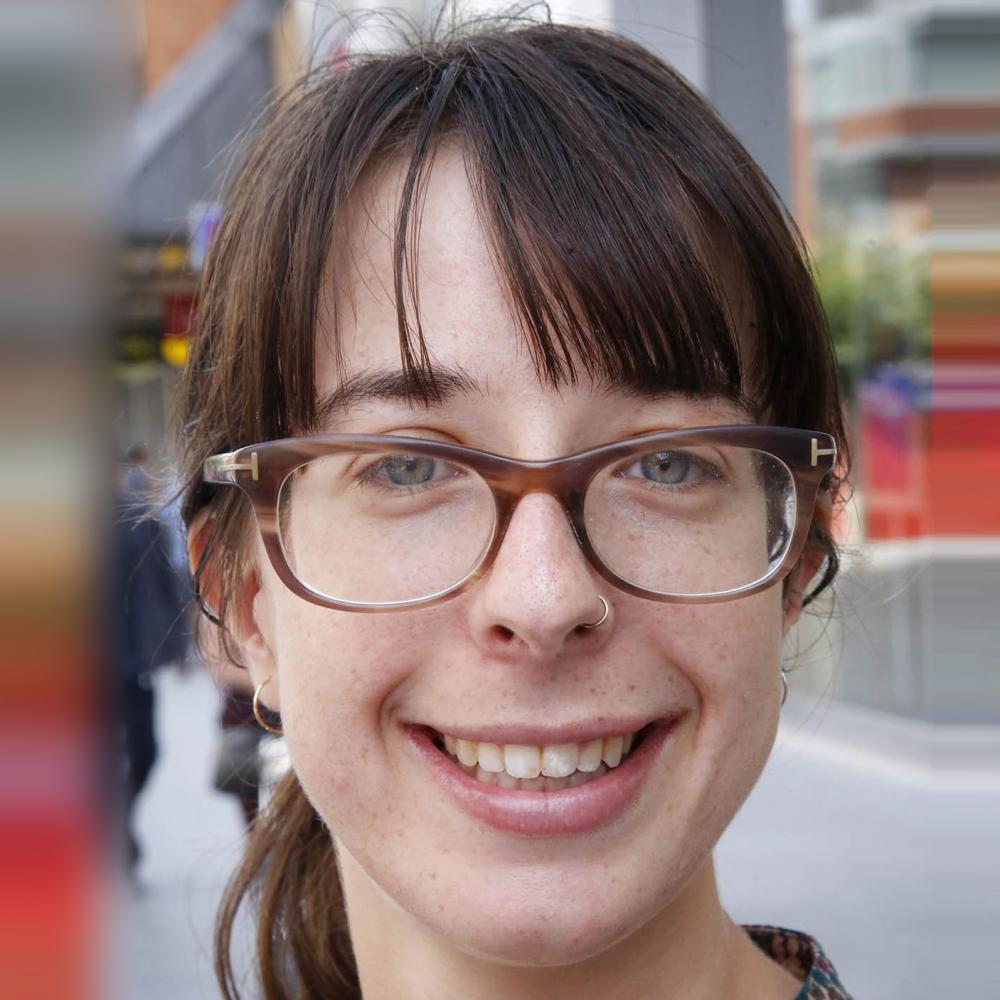Treatment of international students in UK to be investigated in formal inquiry
The Home Affairs Committee has announced a formal inquiry into the forced removal of international students accused of cheating on TOEIC English language tests.
Share
The forced removal of international students in the UK accused of cheating on English language tests will be investigated by the Home Affairs Committee in a formal inquiry.
The National Union of Students welcomed the decision, which came after they submitted evidence to the committee on Monday outlining concerns with the Home Office’s response to cheating revelations.
The cheating scam was uncovered by a BBC Panorama investigation in February 2014. It revealed that immigration consultancies and international education agencies were charging fees to help international students with poor English get around English language tests (TOEIC) required for student visas and visa extensions.
According to the NUS, about 100 educational institutions were subsequently closed and thousands of students removed from the UK.
Mostafa Rajaai, the NUS' international students’ officer, said: “Thousands of students have had their lives disrupted, lost their life savings and were then removed from the UK without the degrees they gave up their time and money for.
“The time has now come for the Home Office to explain its actions. These students will never get back the years of their lives they wasted but they still deserve answers about why they were treated so unfairly.
“However, this is not the end of the story and we hope this inquiry opens the door for closer examination of the other ways international students have been mistreated and immigration policies as a whole.”
On Tuesday, Keith Vaz, MP for Leicester East, expressed dissatisfaction with the explanations from Home Office representatives in the committee meeting, and announced a formal inquiry into the Home Office’s response to the cheating scandal.
He said that some of the students were “innocent people whose whole reputations have been destroyed because the Home Office keeps saying they took their tests illegally and fraudulently and with deception”.
International student Mr Gazi – who prefers not to be identified – was accused of cheating while working towards his bachelor’s degree in applied computing at Glyndwr University.
In his final semester he was told to leave the UK and has since been trying to clear his name while struggling with £30,000 of debt.
“The UK government does not understand that I cannot go home without a degree,” he said.
“My parents have spent their savings sending me here and they have told everyone they know that I am here studying. It is a matter of family honour, which is important in our culture. My parents know that there is an issue with my studies but I cannot tell them I have been accused of cheating. There would be so much shame for all of us if people find out that I have been accused of cheating.
“I have been shocked by the way I and others have been treated by the UK government. I have been suffering from depression and insomnia. I feel that they are ruining my life but the evidence is so weak. I can never get these years back. My plan was to be doing a PhD by now.”
The Home Office did not respond to a request for comment. In a statement on Monday before the formal inquiry was announced, a spokesperson said: “Since 2010, we have cracked down on immigration abuse from poor quality institutions which were damaging the UK’s reputation as a provider of world-class education, whilst maintaining a highly competitive offer for international students who wish to study at our world-leading institutions.
“The latest figures show this strategy is working: visa applications from international students to study at British universities are up by 17 per cent since 2010, whilst visa applications to our elite Russell Group universities are up by 39 per cent.
“We will continue to reform the student visa system to tackle abuse and deliver an effective immigration system that works in the national interest.”
